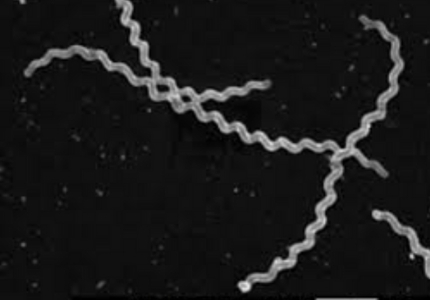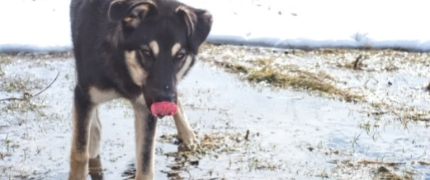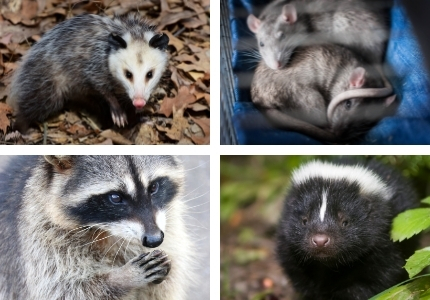
What is Leptospirosis?
Leptospirosis is a bacterial infection caused by a species of bacteria known as Leptospira interrogans. This bacteria flourishes in water and wet areas. It travels in rodent urine, meaning that any place a rat or raccoon (among others) has passed through may harbor the bacteria. Dogs who like to swim, play in puddles, or romp around in mud may be exposed to the bacteria, as well as dogs that live in homes near greenspaces, beaches, or parks.

What are some of the symptoms of leptospirosis?
Symptoms of leptospirosis infection range from vomiting, diarrhea, lethargy, and fever to jaundice, anorexia, and respiratory distress. For a full list, please see the American Veterinary Medical Association’s article on leptospirosis. If you suspect your dog may have contracted leptospirosis, please seek medical care for him immediately.
What are some of the symptoms of leptospirosis?
Symptoms of leptospirosis infection range from vomiting, diarrhea, lethargy, and fever to jaundice, anorexia, and respiratory distress. For a full list, please see the American Veterinary Medical Association’s article on leptospirosis. If you suspect your dog may have contracted leptospirosis, please seek medical care for him immediately.


Is there any risk to me? What about my cat?
One more important thing to remember about leptospirosis is that it’s zoonotic – it can be passed from animals to humans. Leptospirosis in humans is rare and most cases are from humans engaging in water recreation. The risk of getting leptospirosis from your dog is incredibly low. Aside from vaccination, the best way to protect your dog is to rinse or bathe him after swimming and to not let him drink out of standing water or puddles or urinate in them. Protect yourself by washing your hands after petting or playing with your dog and after dealing with his urine (accidents in the house, etc.).
In the news
Leptospirosis isn’t just a concern for pets and urban animal dwellers – check out this article about California sea lions off the coast of Oregon: State warns of sick, stranded sea lions on Oregon coast (10/26/2017).
